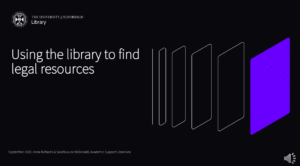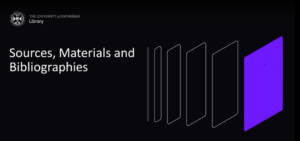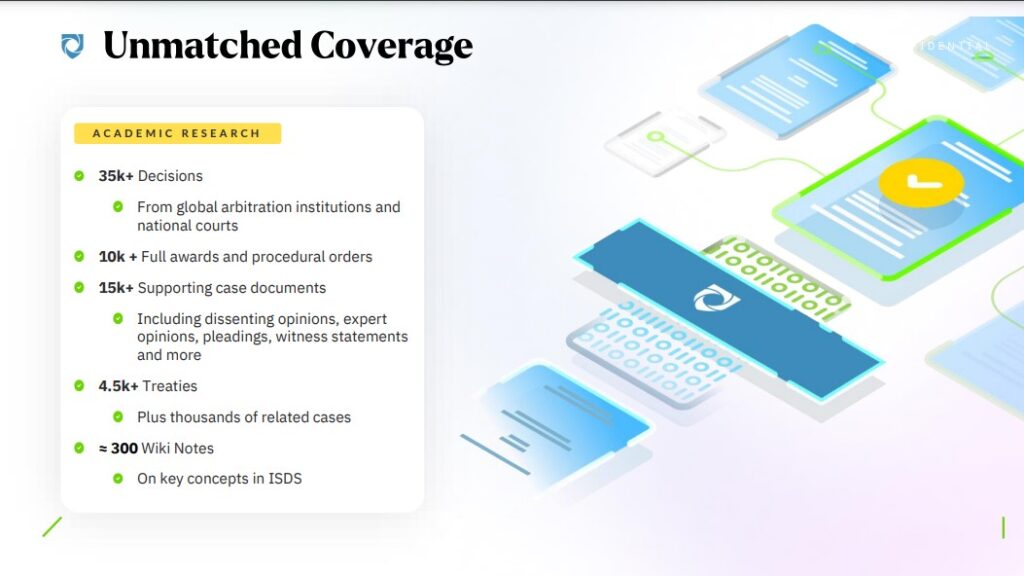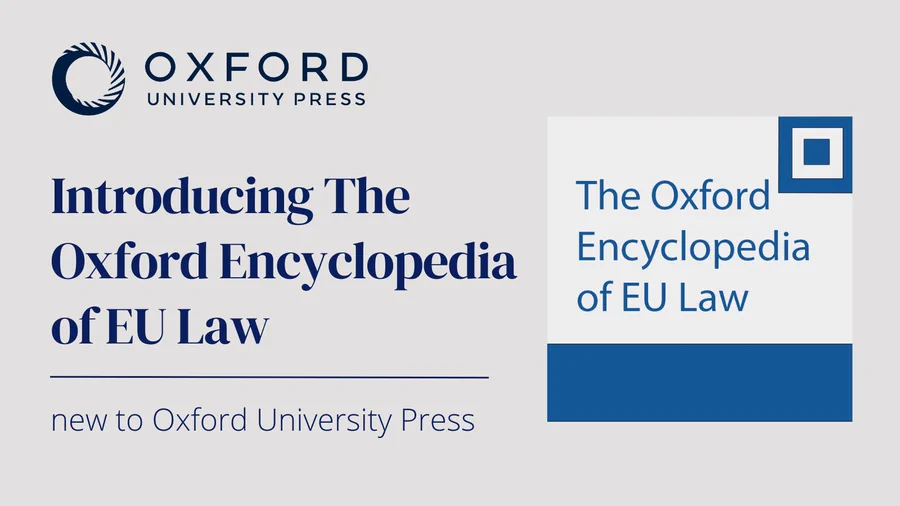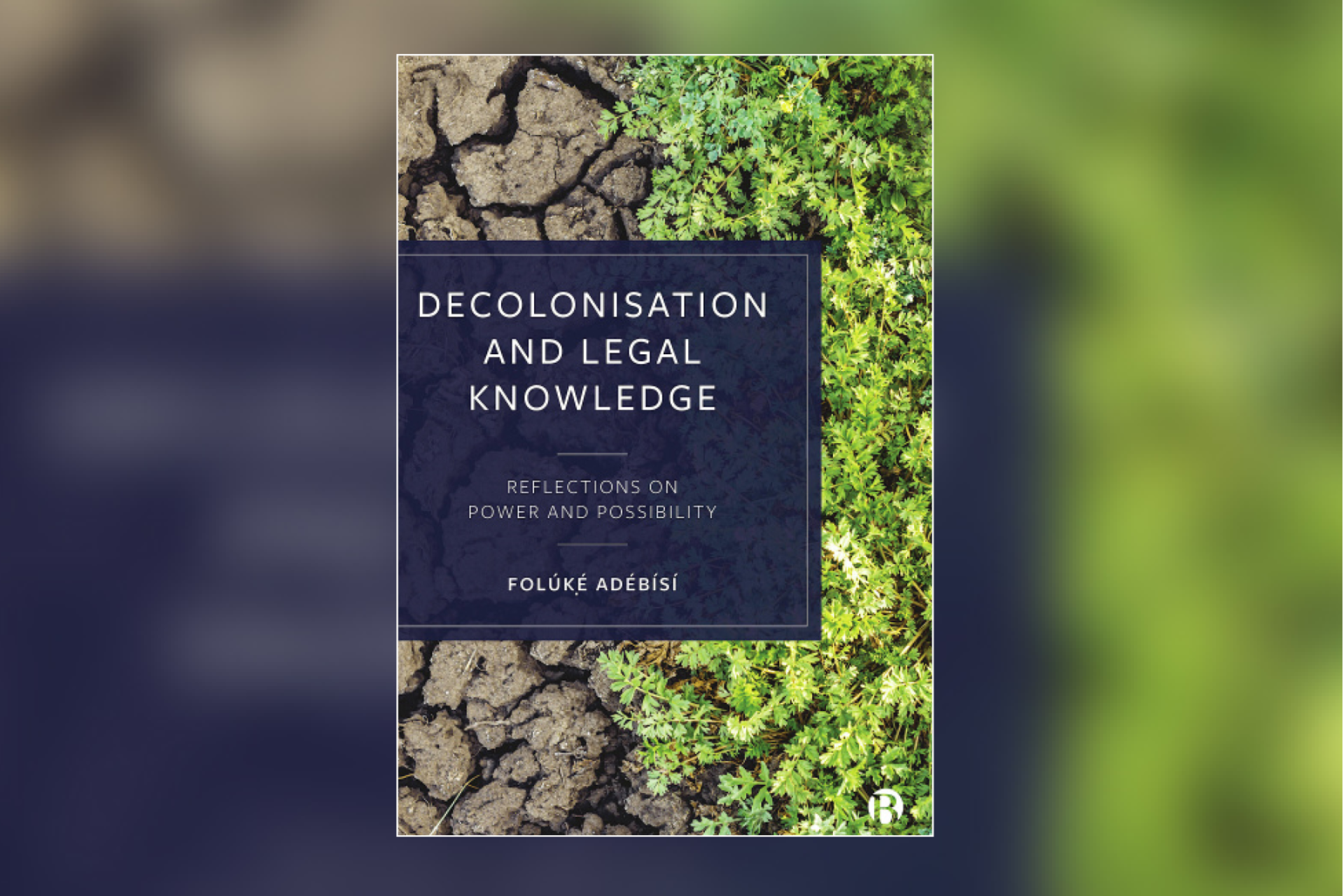Now that everyone is settling in to the new semester, we wanted to remind all students and staff that there is lots of material to help you use library resources for study and research.
In Week One we held live online sessions for PGT and PGR students, recordings of which can be found on the Law Librarian Media Hopper Channel:
If you missed them please feel free to use the videos to catch up, or download the slide decks attached to each video.
Last week we also ran an in-person on campus session for UG students. Although we didn’t record the session, you can find the slides for each part of the session below, or you can watch the PG session above for a similar introduction to library services.
UG Using the Library 2025-2026
Using Legal Databases – 2025-2026
If you require these documents in a different format please contact us by email: law.librarian@ed.ac.uk.
You can also contact us to book an individual appointment for a 30 minute one-to-one session where we can help with finding resources for research and study, referencing and making the most of library resources. Booking is available via the MyEd events booking system, or you can use the following links to find available time in our diaries.
Anna’s appointment booker
SarahLouise’s appointment booker
We look forward to hearing from you!

